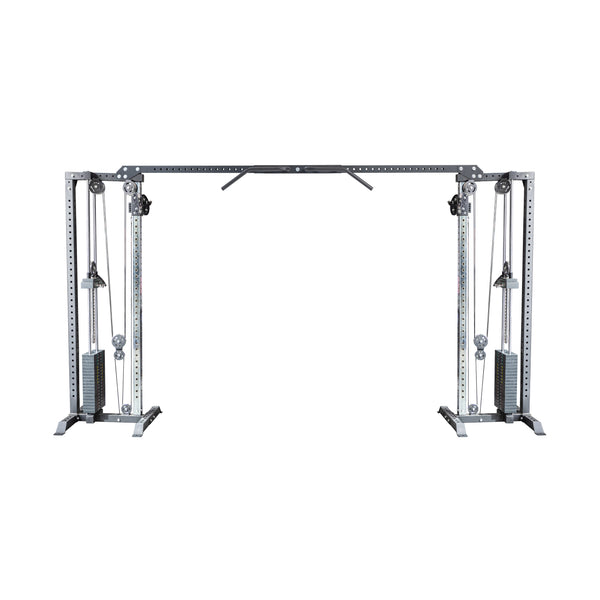Ever wondered why cable exercises feel like they’re cranked up to eleven, while free weights seem like a walk in the park in comparison? You’re not alone.
Let’s dive into the nitty-gritty of why cable exercises often feel harder and why this might just be a good thing for your gains. Get ready to pull some strings and unravel the mysteries of cable workouts!
The Mechanics Behind the Challenge
Continuous Tension: The Never-Ending Story
One of the main reasons cable exercises feel more challenging is due to the continuous tension they provide. Unlike free weights, where tension varies depending on the angle and point in the range of motion, cables keep your muscles under constant strain throughout the entire movement. This means your muscles don’t get a chance to slack off, leading to more effective and efficient muscle activation. No more free rides for your biceps!
Stability and Control: No Wobble Zone
With free weights, you’re often fighting against gravity, which can sometimes result in cheating by using momentum or other muscle groups to assist the lift. Cables, on the other hand, require you to maintain control and stability throughout the exercise. This engages more stabilizer muscles, making the exercise feel tougher but also ensuring that you’re working your target muscles more effectively. Say goodbye to wobbly reps!
Adjustable Angles: Every Which Way But Loose
Cables allow you to adjust the angle of resistance, which can isolate and target muscles in ways free weights cannot. This versatility means you can hit muscle fibers from various angles, leading to a more comprehensive workout. However, this also means there’s no hiding from the burn, as you’re challenging your muscles in unfamiliar ways. It’s like finding out your favorite movie has a director’s cut with extra scenes – more content, more excitement, and definitely more work!
Benefits of Using Cable Exercises Over Free Weights
Targeted Muscle Activation
Thanks to their ability to provide constant tension and adjustable angles, cables are excellent for isolating specific muscle groups. Whether you’re looking to carve out those deltoids or define your triceps, cable exercises can help you target those areas with precision. It’s like having a sniper rifle for your gains – precise and deadly effective.
Reduced Risk of Injury
Cable exercises can be safer than free weights, especially for beginners. The guided motion reduces the risk of improper form, which is a common cause of injury with free weights. Plus, cables often come with adjustable weight stacks, allowing for smooth and gradual increases in resistance. It’s like having a personal trainer who doesn’t yell at you.
Versatility and Variety
Cable machines offer a wide range of exercises that can work every muscle group. From cable curls and tricep pushdowns to cable rows and chest flies, the possibilities are nearly endless. This versatility keeps your workouts fresh and exciting, ensuring you never get bored. It’s like having a buffet of exercises – a little bit of everything to keep you satisfied.
The Perfect Blend: Cable Exercises and Free Weights
While cable exercises offer numerous benefits, it’s important to remember that a balanced workout routine should include both cables and free weights. Free weights are excellent for building overall strength and engaging multiple muscle groups at once, while cables provide the precision and control needed for targeted muscle activation. Together, they form a powerhouse combo that will help you achieve your fitness goals.
FAQs About Cable Exercises
Q: Are cable exercises suitable for beginners?
A: Absolutely! Cable machines can be adjusted to lower weights, making them ideal for beginners to learn proper form and technique without the risk of injury.
Q: Can cable exercises replace free weights entirely?
A: While cable exercises are highly effective, incorporating both cables and free weights into your routine will provide a well-rounded workout and maximize your gains.
Q: How often should I incorporate cable exercises into my routine?
A: Aim to include cable exercises in your routine 2-3 times a week, depending on your fitness goals and overall workout plan.
Conclusion: The Cable Conundrum
In conclusion, cable exercises feel harder due to the continuous tension, stability requirements, and adjustable angles they offer. While challenging, these factors also make cable exercises incredibly effective for muscle growth and definition. So, embrace the burn, blend cables with free weights, and get ready to take your home gym workouts to new heights!




